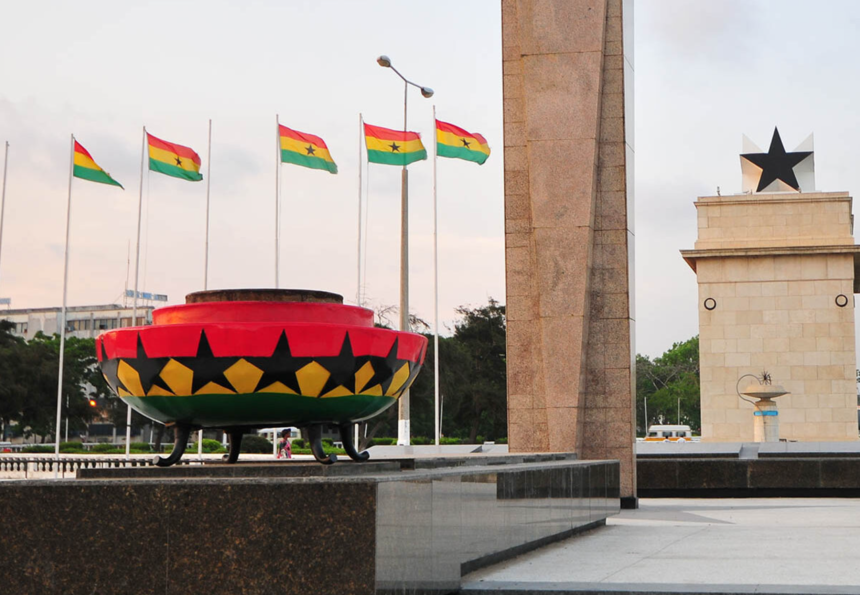Ghana, a country in West Africa, celebrated its 67th anniversary of independence on 6 March 2024. The nation gained independence from British colonial rule on 6 March 1957. However, it is important to note that Ghana has not been a republic for the entire 67 years of its independence. A republic is a state where supreme power is held by the people and their elected representatives, with an elected or nominated president rather than a monarch.
Technically, Ghana has been a republic for approximately 42 years. From 1957 to 1960, the country remained under British rule, with Queen Elizabeth II as Head of State and Dr. Kwame Nkrumah as Prime Minister. In 1960, Ghana transitioned to a republic, but the following 22 years were marked by military dictatorships until Jerry John Rawlings ushered in constitutional rule and the establishment of the Fourth Republic.
Since the advent of the Fourth Republic, Ghana has held 16 democratic elections and seen five presidents take office. The country has earned a reputation as the “beacon of democracy and political stability in Africa.” However, recent events during Ghana’s elections have raised concerns about the potential erosion of democratic principles and the rule of law.
The Electoral Commission (EC) of Ghana, established under the Electoral Commission Act of 1993, has faced challenges to its autonomy following the aftermath of the 7 December 2024 general elections. Supporters of political parties stormed EC offices nationwide, demanding the declaration of parliamentary results and pressuring returning officers to announce their preferred candidates as winners, threatening the integrity of Ghana’s electoral process.
Reports indicate that EC offices in various constituencies have been ransacked or torched, allegedly by individuals affiliated with political parties. These incidents pose a threat to Ghana’s democratic stability and the rule of law.
Political transitions in Ghana have also been marred by acts of lawlessness. Vigilante groups affiliated with political parties engaged in unlawful activities following past elections, including assaults on police officers and takeovers of public offices. Similar incidents have resurfaced following the December 2024 elections, with attacks on government institutions by alleged party supporters.
The normalization of retaliatory lawlessness after elections, known as the “politics of equalization,” risks undermining Ghana’s democratic foundations and stability. To ensure the survival of democracy, political parties must prioritize peaceful transitions of power and discourage acts that jeopardize the country’s stability.
Ghana’s reputation as a beacon of democracy and stability in Africa is a testament to its people’s resilience and commitment to democratic ideals. Upholding the principles of the rule of law, non-violence, and the independence of state institutions is crucial for maintaining Ghana’s status as a shining example of democratic governance in Africa. All stakeholders, including political parties, security agencies, and the citizenry, have a responsibility to uphold these principles and preserve Ghana’s democratic legacy.







